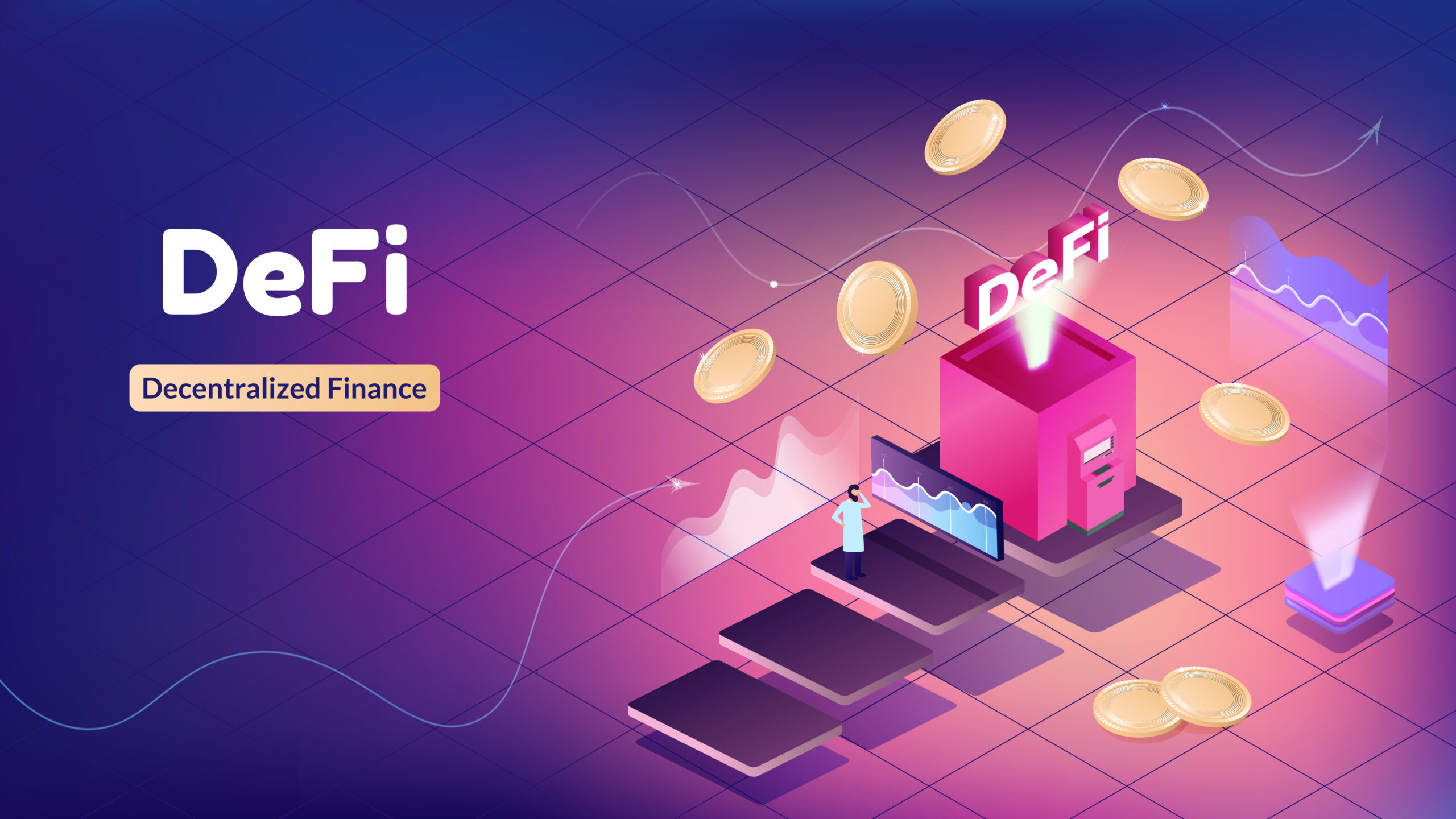Evolution in Cryptocurrency Trading: Emerging Trends and Innovations
Cryptocurrency is a digital or virtual currency utilizing cryptographic security and functioning on a decentralized blockchain network. In contrast to conventional money, cryptocurrencies lack central control from a government or bank. They present characteristics like decentralization, privacy, finite supply, and worldwide accessibility.
Bitcoin, originating in 2009, stands as the pioneer and the most recognized cryptocurrency, with numerous alternatives, termed altcoins, emerging subsequently. Cryptocurrencies find application in diverse areas, serving online transactions and investments and facilitating cross-border value transfers.
Crypto Trend Changing the Lives of Youngsters:

Through promoting financial liberty, facilitating financial inclusion, and giving possibilities for technology development, cryptocurrency is transforming the lives of young people. Direct access to digital assets is made possible, cross-border transactions for independent contractors are made more straightforward, and opportunities for passive income through decentralized finance (DeFi) platforms are created. However, understanding prudent investing techniques is crucial to managing the dangers involved. In general, cryptocurrencies give young people more technology literacy and financial flexibility.
However, as we advanced for a few years, the cryptocurrency bubble burst dramatically. With rapid technological advancement and a persistent quest for innovation, cryptocurrency trading is evolving daily. The cryptocurrency market has undergone significant changes during the digital era, giving rise to new trends and cutting-edge innovations that have altered our perception of and involvement in trading. Let’s dive into the intricacies of cryptocurrency’s emerging revolutions and trends.
Tokens and Non-Fungible Assets (NFTs)

The bitcoin market has taken on a new dimension by introducing non-fungible tokens (NFTs). NFTs are distinct digital assets that frequently signify possessing tangible or digital goods. They are now accepted in many fields, like entertainment, gaming, and the arts.
Blockchain platforms are used to buy and sell NFTs, offering a transparent and safe means of confirming provenance and ownership. This trend has brought a new investment option for traders seeking to diversify their portfolios and opened new doors for artists and creators.
Decentralized Finance Revolution (DeFi)

The rise of decentralized finance (DeFi) brings a significant shift in the cryptocurrency trading market. DeFi is a collection of financial services built on blockchain technology to reinvent conventional economic systems without depending on centralized authorities. Among other developments, this includes decentralized exchanges, lending systems, and liquidity pools.
DeFi platforms eliminate the need for intermediaries like banks by providing customers with unparalleled control over their assets. Intelligent contracts play a crucial role in automating financial procedures, ensuring transparency, and mitigating the risk of fraud. These contracts are implemented on blockchain networks such as Ethereum. The evolution of financial technology is reshaping how people interact with and manage their finances, offering greater autonomy and fostering financial inclusion. Please find out more about how trading is changing the landscape of the crypto market, offering new opportunities for users to exert more control over their financial assets.
Cross-Chain Synergy in Cryptocurrency Trends
Interconnection and cross-chain compatibility are currently in the limelight in the rapidly changing cryptocurrency trends in response to traders’ increasing demand for improved flexibility and efficiency in asset management. Cross-chain interaction platforms allow assets to move seamlessly between several blockchain networks, minimizing reliance on a single blockchain.
This new development brings new possibilities for smart contracts and decentralized apps and increases stability. Interoperability initiatives aim to create a more connected and cooperative system that fosters innovation and improves the user experience.
Algorithmic Trading in Cryptocurrency Markets
The capabilities of artificial intelligence and machine learning algorithms have led to a spike in algorithmic trading in the cryptocurrency markets. By carefully examining vast amounts of real-time data, these advanced trading algorithms enable traders to make well-informed judgments and execute deals at the ideal moment.
Trading bots powered by artificial intelligence (AI) are skillfully built to recognize patterns, dynamically respond to market conditions, and execute trades more quickly and accurately than a human could. Because of this revolutionary trend, the market has become more accessible to institutional and retail investors, enabling them to use sophisticated trading methods and access state-of-the-art technology.
Regulatory Legal Frameworks in Cryptocurrency
One of the primary concerns as the trading industry expands is regulatory scrutiny. Globally, regulatory organizations and governments are working hard to create precise regulations governing the use and exchange of cryptocurrencies. Most people see this excellent regulatory monitoring as good, giving the sector more credibility.
The sustainability of trading platforms depends on their dedication to regulatory requirements. Traders are becoming pickier, favouring platforms that put security first, follow regulations, and create a safe environment for trading.
Conclusion:
Investors and traders need to stay updated on new developments and trends. The potential of cryptocurrency trading in the future presents exciting opportunities for enhanced efficiency, security, and global user accessibility. One undeniable fact that becomes apparent as this journey continues is that the trading market is here to stay and is just beginning to evolve.

















